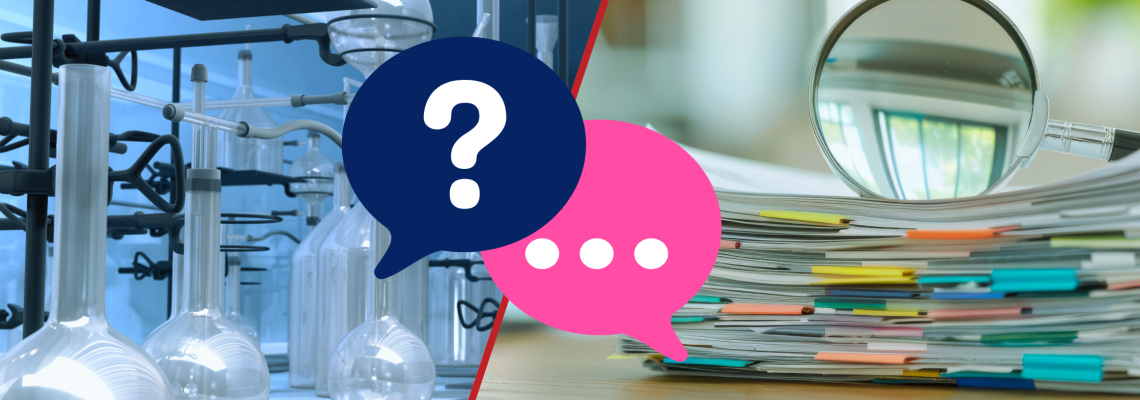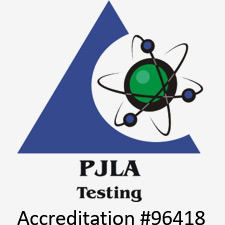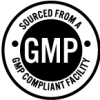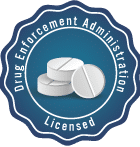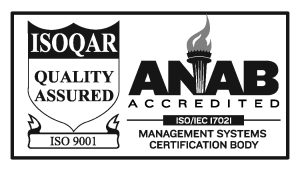Most consumer products are subject to some form of safety regulation, whether general or sector-specific. Demonstrating compliance with these requirements is almost always based on testing and measurement. While manufacturers often conduct tests in-house for products governed by general safety laws, it is often more appropriate to collaborate with an independent third-party tester to ensure compliance with vertical regulations. These apply to specific product categories or sectors with unique risks and safety concerns such as food contact materials, medical devices, pharmaceuticals, and so on. So, if your lab is involved in the research and development of materials/systems for end-products with a specific regulatory focus, you would likely benefit from independent regulatory testing services.
At Jordi Labs, we help clients navigate these requirements with precision, offering a comprehensive suite of services backed by deep scientific expertise and global regulatory alignment.
The Critical Role of Regulatory Testing
Regulatory testing serves a simple yet vital purpose: it confirms whether products meet the specifications set by governing bodies such as the FDA, EPA, or European regulatory agencies like the EMA and MHRA. These specifications are designed to protect end users and the environment from potential harm while ensuring products perform as intended throughout their lifecycle.
There are several distinct scenarios where regulatory testing is not only beneficial but mandatory.
Key Scenarios That Require Regulatory Testing
Product Development and Market Approval
Regulatory testing is essential to generate the analytical data required by the FDA, EMA, or ISO standards for new product submissions, which must meet specific pre-market safety and performance criteria. Common testing types at this stage include:
- Extractables and leachables (E&L) studies
- Biocompatibility evaluations
- Physical and chemical characterizations
- Compendial testing (e.g., USP, EP)
Ongoing Compliance and Quality Control
Maintaining market access demands continuous compliance with global standards. Labs often require periodic testing to remain certified under quality frameworks like ISO 9001, ISO/IEC 17025, and cGMP. This ensures product consistency, reduces risk, and supports successful audits or inspections.
Toxicological Risk Assessment
Certain applications, generally those where materials contact the human body or sensitive ecosystems, mandate toxicological testing to establish and limit material toxicity. Through a risk assessment, toxicologists assess compound identities and determine safety thresholds to support regulatory filings.
Environmental and Safety Compliance
Compliance with environmental regulations, such as those set by the EPA, may require the chemical characterization of emissions or residues. Labs performing environmental testing benefit from specialized method development such as VOC profiling via GC-MS, and alignment with evolving regulatory expectations.
Failure Analysis, Litigation, and Recalls
When products fail, are recalled, or are the subject of litigation, analytical testing plays a key role in root cause analysis. This data can inform corrective actions, support legal defenses, or satisfy inquiries from regulatory authorities.
Jordi Labs’ Regulatory Testing Capabilities
We provide targeted support across all stages of product development, manufacturing, and lifecycle management. Our regulatory services include:
- Extractables & Leachables (E&L) Testing: For packaging, medical devices, and food contact materials.
- Medical Device Testing: Including sterilization validation, particulate analysis, and ISO 10993 studies.
- Toxicology Services: In-depth compound analysis, safety evaluations, and risk assessments.
- Elemental Impurity Testing: In accordance with ICH Q3D and USP <232>/<233>.
- Cleaning Validation & EO Residual Analysis: Ensuring surgical instruments and devices meet cleanliness and safety thresholds.
- Stability and Aging Studies: Storage, accelerated aging, and photostability testing per ASTM F1980 guidelines.
- EPA Regulatory Testing: Including VOC characterization and method validation.
All regulatory testing is conducted under ISO/IEC 17025:2017 accreditation and in compliance with ISO 9001:2015 and current Good Manufacturing Practices (cGMP), when appropriate.
Regulatory Standards We Work With
Jordi Labs aligns testing protocols with international regulatory expectations, including but not limited to:
- ISO 10993 (biological evaluation of medical devices)
- FDA guidelines for pharmaceuticals and biologics
- EPA environmental testing standards
- ICH Q2 (validation of analytical procedures)
- ASTM F1980 (accelerated aging of medical devices)
- EU 10/2011 and related directives for food contact materials
A Closer Look: Matching Services to Needs
| Regulatory Need | Jordi Labs Solution |
| Product registration and approval | E&L, Medical Device Testing, Compendial Testing |
| Maintaining certifications | ISO/cGMP Testing, Elemental Impurity Analysis |
| Toxicological risk evaluation | Risk Assessment, Compound Identification |
| Environmental compliance | VOC Testing, EPA Method Development |
| Sterilization and cleaning validation | EO Residual Testing, Cleaning Validation |
| Litigation or recall investigations | Root Cause Analysis, Expert Reporting |
Looking for Regulatory Support?
Whether you’re preparing a novel medical device for FDA submission, ensuring your packaging meets EU food safety standards, or validating the cleanliness of a surgical instrument, regulatory testing is fundamental. It’s how laboratories validate product safety, secure market approvals, and demonstrate accountability in a complex, ever-changing regulatory landscape.
At Jordi Labs, our mission is to simplify that complexity—through scientifically rigorous, regulation-ready testing and consulting. We partner with organizations at every stage of the product lifecycle to deliver clarity, confidence, and compliance.
Contact us today if you would like to learn more about how we can support your lab with third-party regulatory testing.

